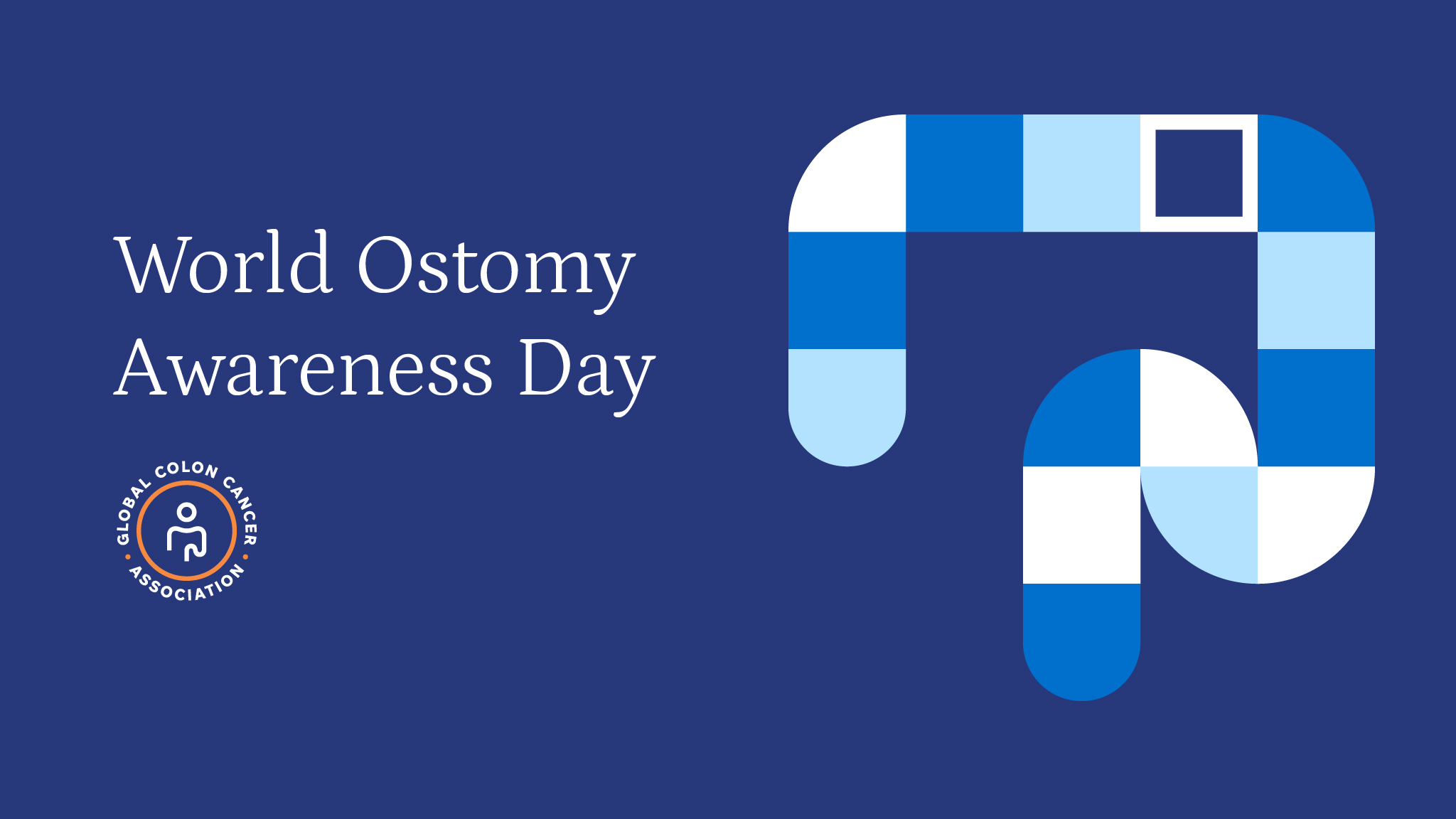Ostomy Awareness Day

October 4 is World Ostomy Awareness Day. In honor of this important day of recognition, we celebrate Satoshi Kakimoto, a long-time colorectal cancer survivor and colostomy patient. In his heartfelt talk at the first Global Colon Cancer Association and CancerNet Japan colorectal cancer support group, Kakimoto-san shares his journey from being diagnosed cancer at age 27 to finding hope, resilience, and community. He reflects on the emotional impact of diagnosis, the challenges of treatment, and the importance of patient support groups in reminding survivors that they are not alone.
At 27 years old, Satoshi Kakimoto was told he had stage 4 colorectal cancer. His doctors warned that he likely wouldn’t live to see his 30th birthday, and his family was quietly told to prepare for just three to six months. For most, such news would bring despair. For Kakimoto-san, it began a journey that has made him a powerful advocate for connection, survivorship, and patient support.
Now 44, Kakimoto-san has lived with cancer for 18 years. His path has not been easy. Recurrences, multiple surgeries, financial struggles, and long-term side effects from chemotherapy have tested him at every step. Yet his story is not just about survival, it’s about transformation.
Like many patients, Kakimoto-san faced overwhelming physical pain and emotional isolation in the early days after his diagnosis. But the encouragement of his community, symbolized by a thousand paper cranes and messages from his former judo students, gave him the strength to keep fighting. Later, a patient support group provided something equally important: the realization that he was not alone.
Kakimoto-san’s turning point came when he joined a cancer support group. Although the members had different diagnoses, they shared common struggles: the fatigue of chemotherapy, the fear of recurrence, and the life changes that follow treatment. In that space, he found relief and solidarity.
He learned firsthand that peer support is not just a “nice-to-have.” It is a lifeline. Talking openly about fears, side effects, and challenges with people who truly understand can reduce isolation, restore hope, and build resilience.
Today, Kakimoto-san is a peer supporter himself, working in cancer treatment centers and community spaces to help others navigate their own journeys. He volunteers at cancer salons, gives lectures, and continues to spread a simple but essential message: “You are not alone.”
His work highlights the importance of involving patients not only as recipients of care, but as leaders, educators, and partners in advocacy. Kakimoto-san calls on medical professionals, pharmaceutical companies, and community organizations to sit down with patients, listen to their experiences, and collaborate on solutions.
Survivorship is not just about extending life, it’s about improving quality of life, building community, and ensuring that no one faces cancer in isolation.
Kakimoto-san reminds us:
- Peer support groups create safe spaces for patients to share and heal.
- Patient voices must be included in decision-making, from treatment planning to policy.
- Survivorship care needs to address not just physical side effects, but emotional and social well-being.
“As long as I live,” Kakimoto-san says, “I want to continue raising awareness and supporting cancer patients and survivors.”
His story is proof that advocacy, connection, and compassion can transform despair into hope. And it is a reminder to all of us, patients, caregivers, clinicians, and advocates alike, that we are stronger when we stand together.
xxxxxxxxxxx
